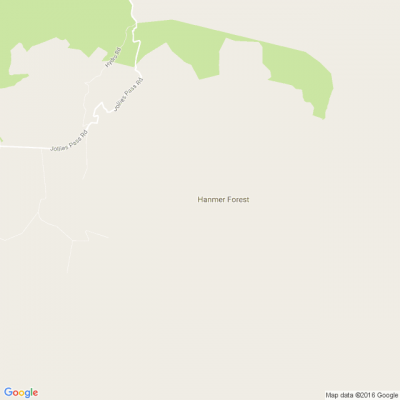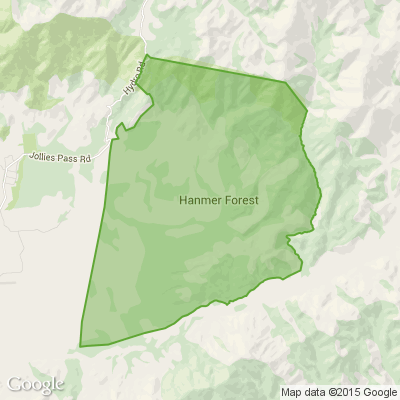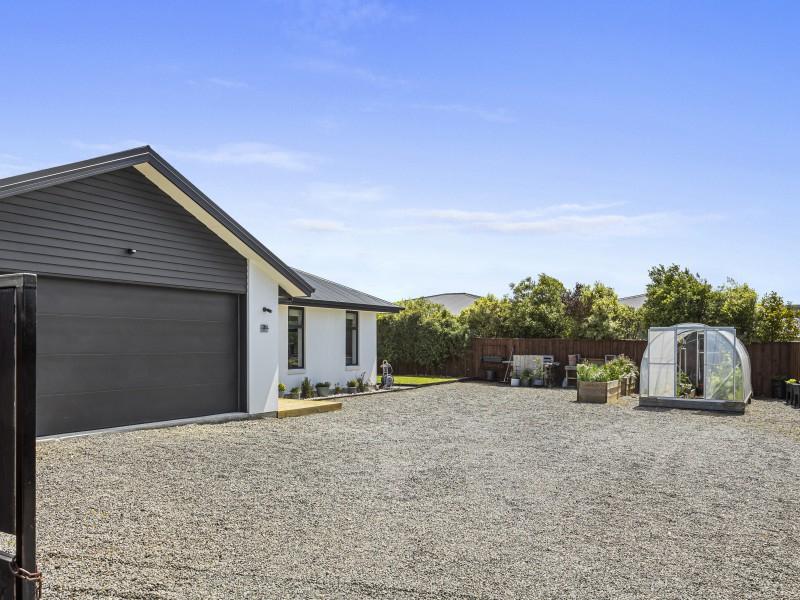Centralised healthcare lacks ‘local accountability’
By David Hill, Local Democracy Reporter
Bringing some healthcare decisions back into communities will help plug the gap in local accountability, say two North Canterbury mayors.
Waimakariri mayor Dan Gordon and Hurunui mayor Marie said they were pleased Te Whatu Ora Health New Zealand was considering local solutions for healthcare, but wanted to know more details on the plans.
In a major shakeup of the health system in 2021, locally-elected district health boards were scrapped and replaced with the centralised Te Whatu Ora.
However, in an interview with RNZ in February, Health Minister Dr Shane Reti indicated some health decision-making would return to the regions.
Responding to questions from Local Democracy Reporter, Reti said he expected to receive advice from the Ministry of Health soon.
This included future operating and funding models for primary and community care.
‘‘Community involvement in health service planning, with local solutions to local health challenges will remain essential to the delivery of health services,’’ he said.
‘‘These local groups should be involved in the design and delivery of services, so the healthcare focuses on the needs of, and is effective for, the community.’’
Local primary health organisations (PHOs), such was the Waitaha Canterbury PHO, played a key role in supporting their local communities and were providing input into Health NZ’s primary care development programme, he said.
The Government has also signalled Iwi-Māori Partnership Boards will play a key role in supporting high-quality community-led health care.
Gordon said since the demise of the Canterbury District Health Board (CDHB) there were gaps in ‘‘local accountability’’.
He is the council’s representative and deputy chairperson of the Waitaha Canterbury PHO board.
‘‘I have found since the centralsation of healthcare it has been a struggle to find local accountability. Even a local contact or authority to speak to.
This must be addressed.
Having a local voice close to the issues is vital.’’
The lack of a local board chairperson meant concerns would often be raised directly with the health minister, Gordon said.
‘‘The important thing for me is the patient and ensuring they are cared for and their needs are met, and if we have an issue, where do we go to get answers?’’
Black said retaining a local voice in healthcare was crucial, particularly for rural districts.
‘‘The important thing is we retain what we have and if we can increase health provision, that is where I would be lending my support.’’
She said the Hurunui District Health Services Group had been making good progress working with the former CDHB.
But this work had been on the backburner since the board was dissolved, ‘‘so whether there is the energy to reconsider this, I don’t know’’.
■ LDR is local body journalism co-funded by RNZ and NZ On Air.
⚠️ DOGS DIE IN HOT CARS. If you love them, don't leave them. ⚠️
It's a message we share time and time again, and this year, we're calling on you to help us spread that message further.
Did you know that calls to SPCA about dogs left inside hot cars made up a whopping 11% of all welfare calls last summer? This is a completely preventable issue, and one which is causing hundreds of dogs (often loved pets) to suffer.
Here are some quick facts to share with the dog owners in your life:
👉 The temperature inside a car can heat to over 50°C in less than 15 minutes.
👉 Parking in the shade and cracking windows does little to help on a warm day. Dogs rely on panting to keep cool, which they can't do in a hot car.
👉 This puts dogs at a high risk of heatstroke - a serious condition for dogs, with a mortality rate between 39%-50%.
👉 It is an offence under the Animal Welfare Act to leave a dog in a hot vehicle if they are showing signs of heat stress. You can be fined, and prosecuted.
SPCA has created downloadable resources to help you spread the message even further. Posters, a flyer, and a social media tile can be downloaded from our website here: www.spca.nz...
We encourage you to use these - and ask your local businesses to display the posters if they can. Flyers can be kept in your car and handed out as needed.
This is a community problem, and one we cannot solve alone. Help us to prevent more tragedies this summer by sharing this post.
On behalf of the animals - thank you ❤️

Would you like a free copy of our February 2025 issue?
Kia ora neighbours. We give away free copies to readers whose recipes are used in our magazine. We're still on the hunt for tomato recipes, so send your family's favourite way to use up your homegrown harvest, to: mailbox@nzgardener.co.nz. If we use it in the mag, you will receive a free copy of the mag

On the range
Venetian plaster finishes are on-trend at the moment, so why not recreate this look at home and cover that unsightly rangehood at the same time? Find out how to create your own with Resene Sandtex and these easy step by step instructions.








 Loading…
Loading…





